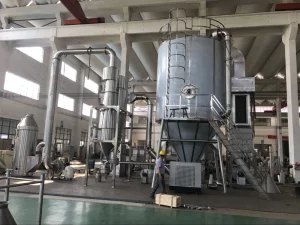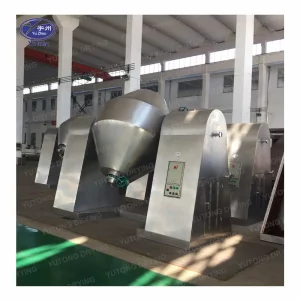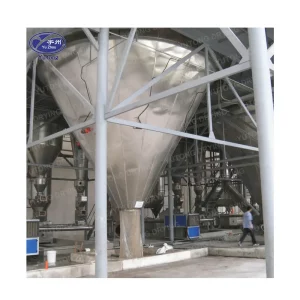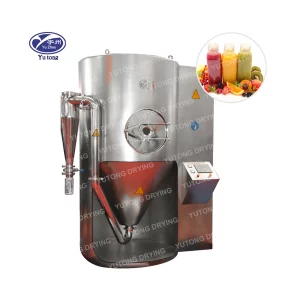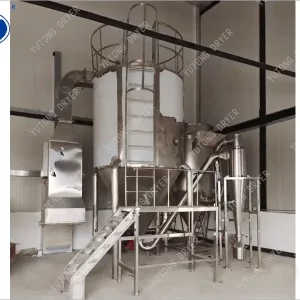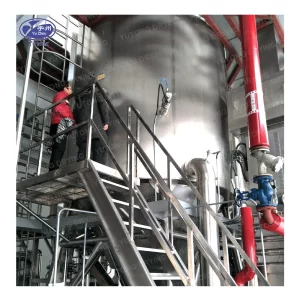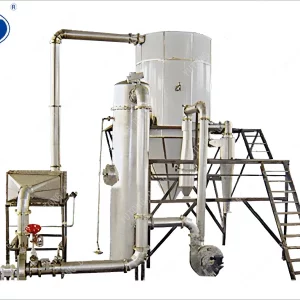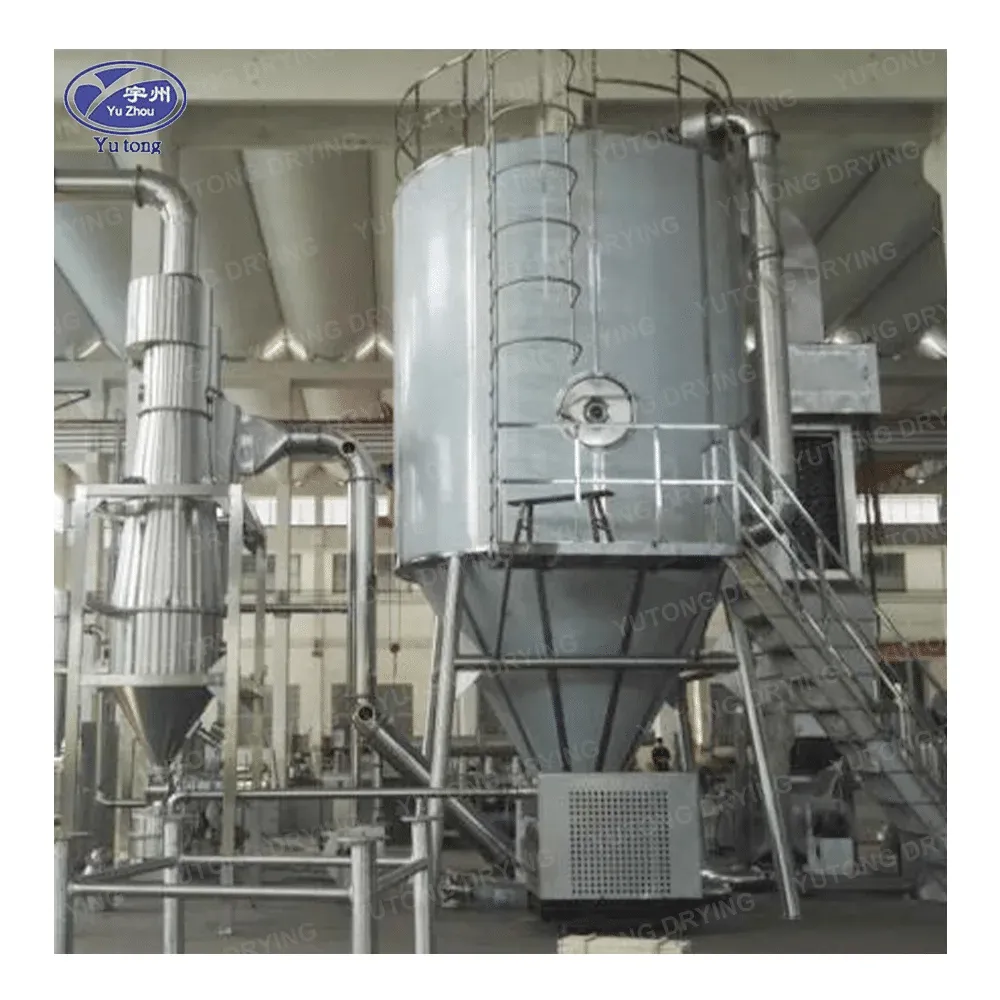Industrial freeze dryers, also known as lyophilizers, represent a sophisticated class of equipment designed to remove moisture from materials without causing thermal damage. This method of dehydration, freeze-drying, is particularly beneficial for preserving delicate biological substances, maintaining the structural integrity of food, and enhancing the shelf-life of pharmaceuticals. This article delves into the technology behind industrial freeze dryers, their applications, and the advantages they offer over conventional drying methods.
Understanding Freeze-Drying (Lyophilization)
Freeze-drying, or lyophilization, is a process that converts the physical state of water from solid to vapor without transitioning through the liquid phase. This is achieved by first freezing the material, then lowering the pressure and applying heat to allow the frozen water (ice) to sublime directly from the solid to the gas state. The result is a dry material that retains its original shape and structure, making it ideal for preserving sensitive components.
Components of an Industrial Freeze Dryer
An industrial freeze dryer consists of several key components:
1. Freezing Chamber: Where the material is initially frozen.
2. Drying Chamber: The space where the freeze-drying process occurs, often connected to the freezing chamber.
3. Vacuum System: Used to lower the pressure inside the drying chamber, enabling sublimation.
4. Heating System: Provides controlled heat to facilitate the sublimation of ice.
5. Condenser (Cold Trap): Collects the water vapor, converting it back into ice to prevent it from contaminating the vacuum system.
6. Control System: Monitors and controls all aspects of the process, including temperature, pressure, and time.
Process of Freeze-Drying
1. Freezing: The material is first frozen to ensure that all water is in a solid state.
2. Primary Drying (Sublimation): Under a vacuum, the ice sublimates directly into vapor, leaving the material dry but retaining its original structure.
3. Secondary Drying: Any bound water molecules are removed by further heating and drying, resulting in a highly stable and dry product.
Applications of Industrial Freeze Dryers
1. Pharmaceutical Industry: Freeze-drying is used to preserve vaccines, antibiotics, and proteins that would otherwise degrade at room temperature.
2. Food Industry: Freeze-dried fruits, vegetables, and instant beverages maintain their nutritional value and texture, offering longer shelf-life and reduced weight for transport.
3. Biological Research: Preserving biological samples, such as tissue cultures and enzymes, for long-term storage and transport.
4. Cosmetics: For creating powders and creams that require stable active ingredients.
5. Aerospace and Military: Freeze-dried meals for astronauts and military personnel provide lightweight, long-lasting rations.
6. Historic Preservation: To stabilize and preserve artifacts and documents that have been damaged by water.
Advantages of Industrial Freeze Dryers
Preservation of Delicate Structures: Freeze-drying maintains the original structure of biological tissues, foods, and pharmaceuticals, preventing the collapse that can occur with other drying methods.
Extended Shelf-Life: The removal of water reduces the risk of microbial growth and enzymatic reactions, extending the shelf-life of products.
Weight Reduction: The removal of water makes products lighter, reducing transportation costs.
Ease of Rehydration: Freeze-dried materials can be quickly and easily rehydrated to their original form.
Challenges and Considerations
While freeze-drying offers many benefits, it is important to consider the higher energy consumption and longer processing times compared to other drying methods. Additionally, the initial investment for industrial freeze dryers can be significant.
Industrial freeze dryers are indispensable in industries that require the preservation of sensitive materials without compromising their integrity. Through the process of freeze-drying, these machines enable the creation of products that are not only stable and safe but also retain their original qualities, making them invaluable assets in various sectors from pharmaceuticals to food processing. As technology advances, the capabilities and efficiency of industrial freeze dryers continue to improve, expanding their reach and applications in the modern world.

